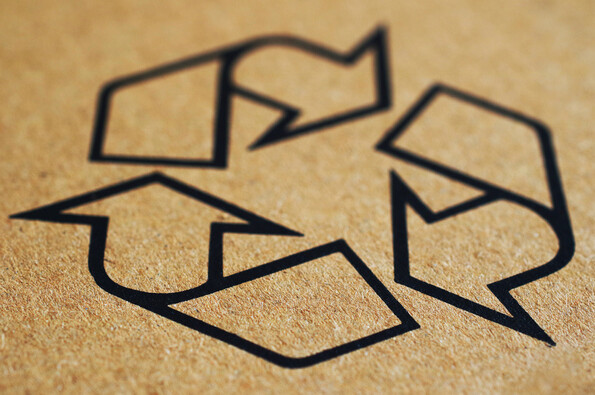
In recent years, it is becoming increasingly necessary to make the transition towards sustainable models of consumption and, above all, of industrial production, which are therefore more compatible with the need to safeguard the planet and its inhabitants. There are several red-alert critical factors pointing to the fact that we have no more time to postpone and that a change of pace in this sense is vital. One of them is no doubt the sharp increase in the weight of the ecological footprint of materials, which has grown by 70% in recent years. In 2000, one million plastic water bottles were purchased every minute, while in 2017 it was estimated that 5 trillion (one billion billion) disposable plastic bags were disposed of on an annual basis. Another significant (and in certain ways disconcerting) statistic is the continued proliferation of electronic waste. In 2019, each inhabitant of planet Earth produced an average of over 7 kg of such waste, recycling only 1.7 kg. It is precisely to the transition towards less impactful manufacturing standards that the United Nations has in mind with the ambitious SDGs project, which aims for a better and more sustainable future for all through the achievement of 17 goals of various type by the end of 2030. A philosophy that Magniflex has adopted for some time now, at least as far as its own production system is concerned. The idea is to use the larger part of production waste for other manufacturing purposes instead of assigning it for disposal. At Magniflex’s manufacturing plants, 95% of waste materials are efficiently recycled. The company is strongly committed to finding new ways to reuse waste material and give it a second life, so that it isn’t unnecessarily assigned for disposal. Adhering to protocols that respect sustainability during the manufacturing process and devising innovative solutions is feasible and often advantageous from an economic point of view. In fact, 100% of polyurethane sheet waste can be reconverted into material that can be used for other purposes, such as insulating panels or soundproofing components that are functional for certain industrial agglomerates. This is an example that shows how the adoption of environmentally friendly production standards should not be considered only as cumbersome additional cost, but rather as a way to trigger a powerful virtuous circle that is good for the wellbeing of our planet. This is a concept that Magniflex has clearly grasped for some time now and which it has been putting into practice for several years, and which provides one more reason to pursue the objectives set by the UN with the SDGs.

